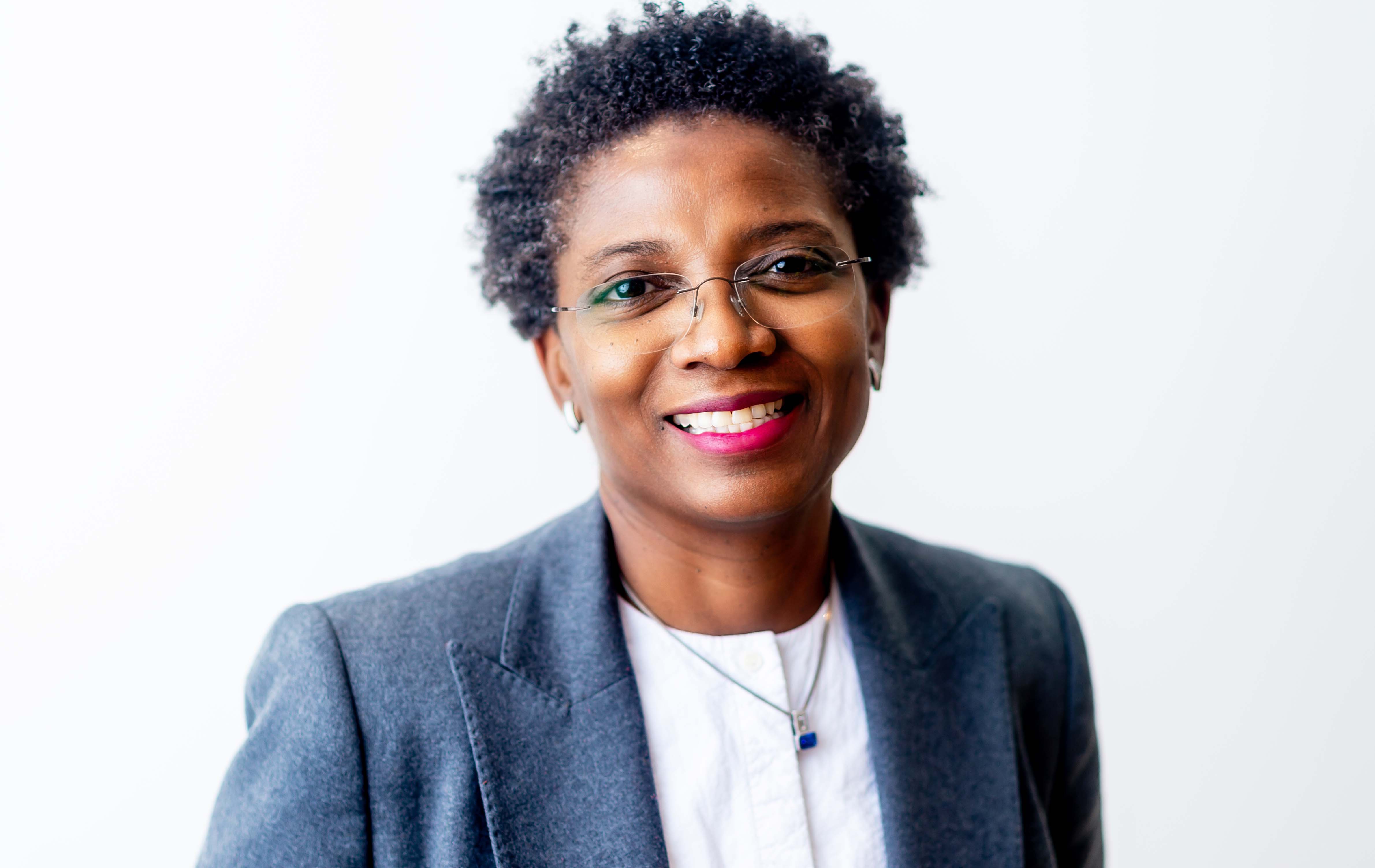King’s College Vice-President Prof. Olonisakin Urges ARUA Universities to Embrace Public Purpose, Focus on Research and Lead Efforts to Decolonise African Education

Prof. Funmi Olonisakin, Vice-President of International Engagement & Service at King’s College London (KCL) and Professor of Security, Leadership and Development at KCL’s African Leadership Centre, has called on African universities within the African Research Universities Alliance (ARUA) to actively embrace their public purpose and take the lead in decolonising African education.
She made the call while delivering the second annual distinguished public lecture of ARUA online. The event was attended by over 100 participants from across the continent and beyond, including several Vice-Chancellors and senior university leaders.
In her compelling address, Prof. Olonisakin criticised the current state of African higher education for being too detached from societal needs. She urged universities to move beyond superficial reforms and fully align their research and education with the pressing challenges facing African societies. “The social contract to the societies that support us is that we will make them stronger, more successful,” she stated, highlighting the need for universities to directly address structural inequities and societal issues.
Prof. Olonisakin praised ARUA’s efforts in advancing African scholarship but stressed the urgency to maintain momentum and accelerate progress. She paid tribute to outgone ARUA Secretary-General, Prof. Ernest Aryeetey, for his visionary leadership and the “bold legacy of an African research champion” he leaves behind. The event also marked Prof. Aryeetey’s final public engagement before he retired at the end of July.
Challenging the notion of the university as an isolated “ivory tower,” Prof. Olonisakin argued that such detachment is particularly harmful in the African context. She envisioned African universities as integral parts of society that actively engage with and address societal challenges. “Ignoring these challenges,” she warned, “will only bring society’s problems to our doorstep in due course.”
Prof. Olonisakin also dissected the social contract between universities and society, contrasting it with the often broken pact between universities and governments. “At the best of times, politicians are not always in step with their people,” she remarked, pointing out the need for universities to prioritise the needs and aspirations of their communities.
She highlighted the stark demographic contrast between Africa’s youthful population and Europe’s, calling for a tailored approach to higher education. “The options before us are really stark,” she warned, stressing that addressing societal needs must be an immediate priority.
The Professor of Security, Leadership and Development questioned the relevance of nationally bound curricula and advocated for a Pan-African qualification framework to facilitate the free movement of students and academics. “We don’t have to ask governments’ permission,” she said. “We should do the collective work ourselves and then push the gates open for that conversation.”
Throughout her lecture, Prof. Olonisakin explored the theme of collaboration in higher education as a service to society, advocating for equitable partnerships that respect and amplify African voices. She praised ARUA’s strategic partnership with The Guild of European Research-Intensive Universities and highlighted recent initiatives like joint research clusters and collaborative PhD programmes.
Addressing issues she described as “internal colonialism,” she mentioned that African academics need to engage in self-reflection and challenge internalised colonial practices within their educational systems. “We need to free ourselves from this straight-jacketed way of looking at education,” she asserted, calling for a transformation of higher education models to better serve African societies.
Concluding her lecture, Prof. Olonisakin issued a call to action for African universities to lead societal transformation. She encouraged institutions to embrace collaboration, break down barriers and prioritise “knowledge with purpose” to empower African citizens and shape a brighter future for the continent. “The structural barriers are huge,” she acknowledged. “That is why we need to work together to really open the floodgates to what is possible in terms of change.”
Prof. Olonisakin’s clarion calls for meaningful and immediate action in African higher education are expected to drive ARUA member universities to take immediate steps and adopt long-term strategies that will realign their roles with societal needs, promote equitable and impactful research and advance collaborations that bridge gaps between academia and the communities they serve.